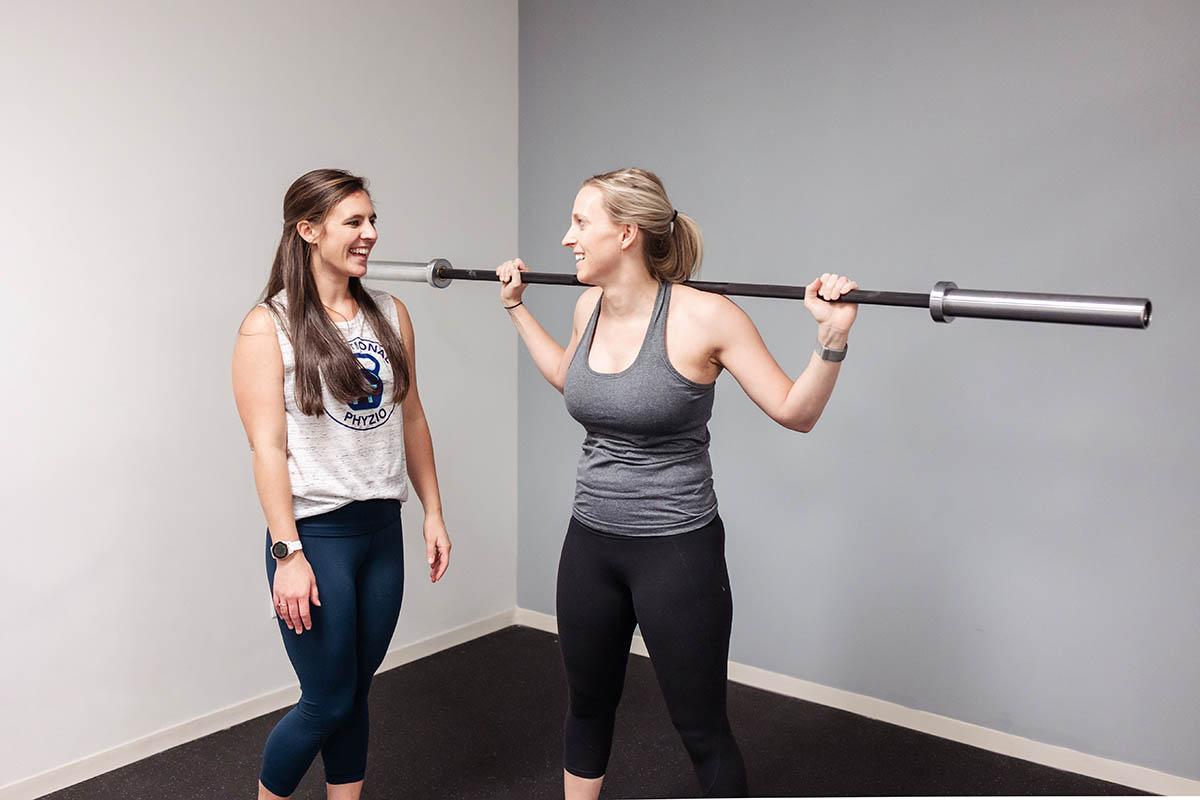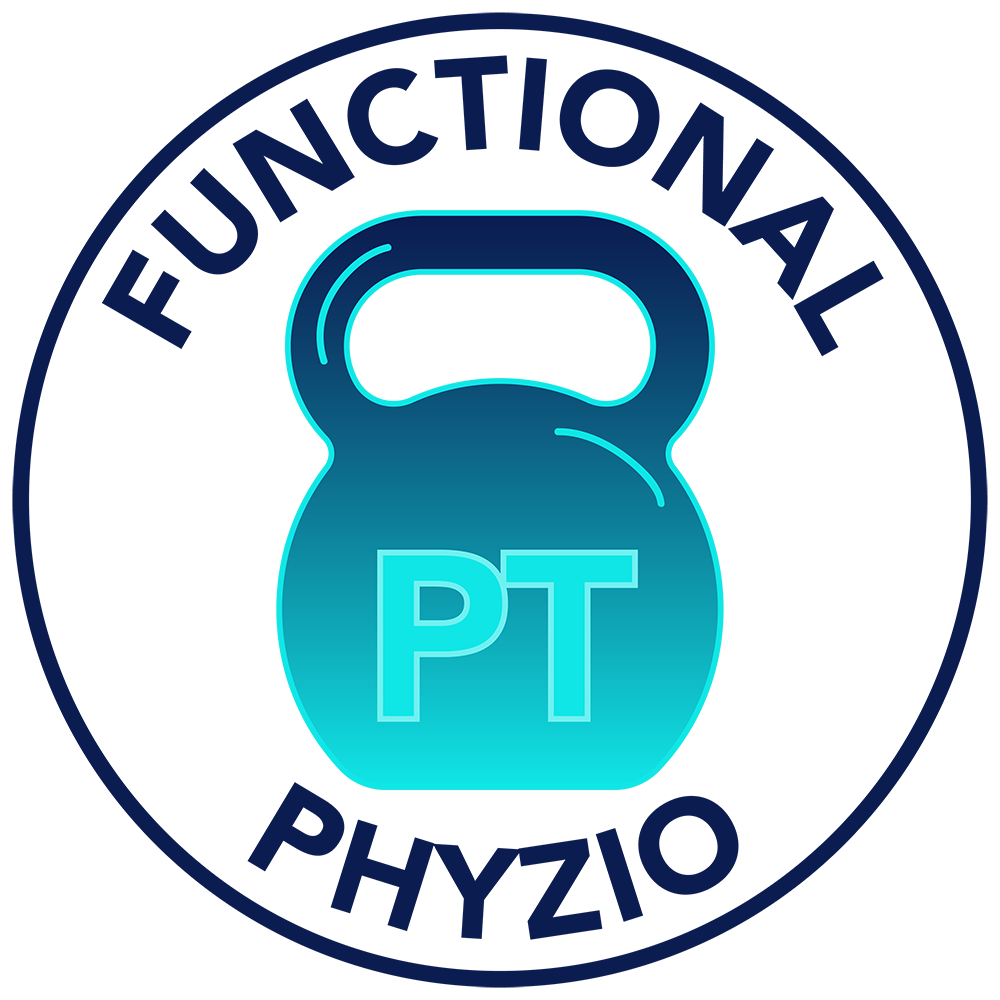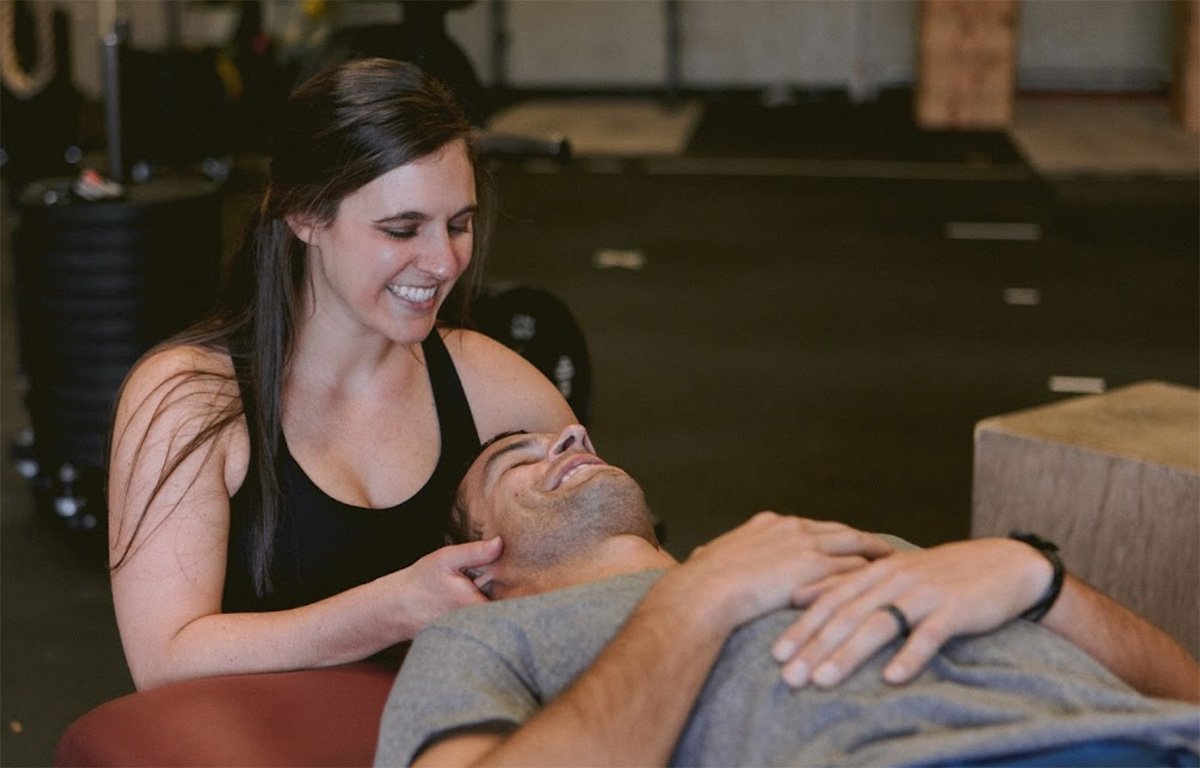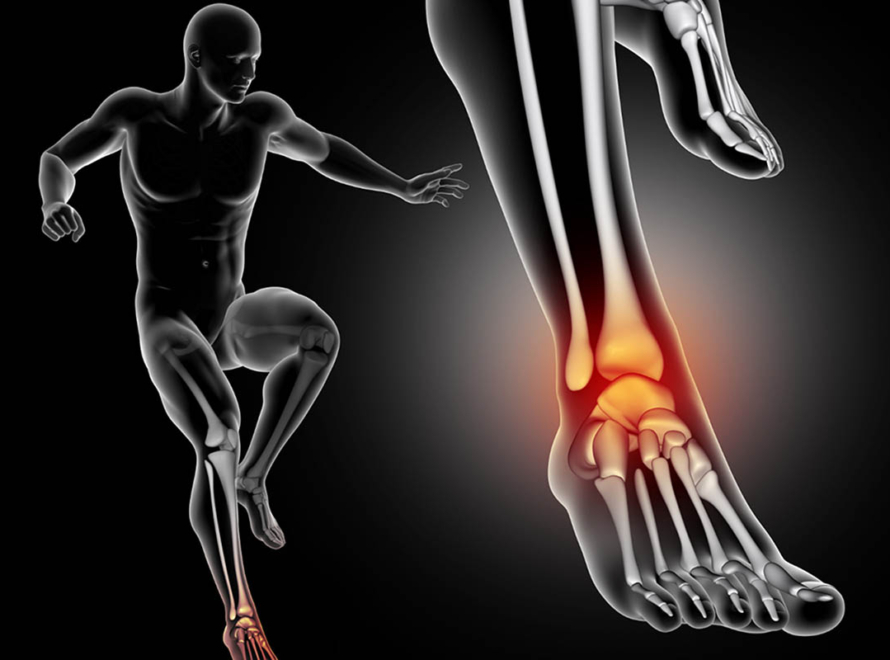Shoulder pain is a prevalent issue that affects individuals of all ages and activity levels. Whether you’re an athlete, a busy professional, or someone who enjoys an active lifestyle, shoulder discomfort can significantly impact your quality of life. At Functional Phyzio in Durham, North Carolina, we specialize in **orthopedic physical therapy**, focusing on a comprehensive approach to evaluation and treatment. This blog aims to shed light on the causes of shoulder pain, the role of physical therapy interventions, and how our services can help you regain your strength and mobility.
Common Causes of Shoulder Pain
Before diving into treatment options, it’s essential to understand the common causes of shoulder pain. The shoulder is a complex joint that allows for a wide range of motion, making it susceptible to various injuries and conditions. Some of the most frequent causes include:
1. Rotator Cuff Injuries
The rotator cuff is a group of four muscles and tendons that stabilize the shoulder joint. Injuries to the rotator cuff can occur due to acute trauma, such as falling, or from chronic wear and tear. Symptoms may include pain, weakness, and a limited range of motion, especially when lifting the arm overhead.
2. Tendonitis
Shoulder tendonitis often results from repetitive overhead activities, leading to inflammation of the tendons in the shoulder. This condition is common among athletes and individuals with occupations that require repetitive arm movements. Symptoms may include pain and stiffness, particularly during activities that involve lifting or reaching.
3. Bursitis
Bursitis occurs when the bursa, a small fluid-filled sac that reduces friction between tissues, becomes inflamed. Shoulder bursitis can cause significant pain and discomfort, especially when raising the arm. This condition is often linked to repetitive motions or prolonged pressure on the shoulder.
4. Shoulder Instability
Shoulder instability can occur due to trauma or repetitive strain, causing the shoulder joint to move out of its normal position. This can lead to dislocations and a feeling of looseness in the joint, resulting in pain and difficulty with movement.
5. Arthritis
Arthritis, particularly osteoarthritis, can develop in the shoulder joint as we age, leading to pain, stiffness, and decreased mobility. This condition is characterized by the degeneration of cartilage, causing bones to rub against each other.
The Importance of Physical Therapy for Shoulder Pain
Physical therapy plays a crucial role in the recovery and management of shoulder pain. It provides a non-invasive approach to treatment, allowing individuals to regain strength and mobility while minimizing the risk of future injuries. At Functional Phyzio, our **physical therapists** are dedicated to developing personalized treatment plans tailored to each individual’s needs.
Physical Therapy Interventions for Shoulder Pain
1. Dry Needling
One of the innovative techniques we use at Functional Phyzio is dry needling. This method involves inserting thin needles into trigger points or tight muscle areas, helping to release tension and improve blood flow. Dry needling is particularly effective for individuals with chronic shoulder pain, as it targets specific muscle tightness that may contribute to discomfort.
How Dry Needling Works
When the needles are inserted, they create a localized twitch response in the muscle, which helps to relax tightness and improve circulation. This process can also stimulate the body’s natural healing response, promoting tissue repair and reducing pain. Many patients report significant relief from shoulder pain and improved range of motion following dry needling sessions.
2. Manual Therapy
Manual therapy is another essential component of our approach to treating shoulder pain. This hands-on technique involves various methods to manipulate soft tissues and joints, providing relief from pain and restoring function.
Techniques Involved in Manual Therapy

Joint Mobilization: This technique involves applying gentle, controlled movements to the shoulder joint to improve its range of motion and reduce stiffness.
Soft Tissue mobilization: This approach focuses on relieving tension in the muscles and fascia surrounding the shoulder, enhancing blood flow and promoting healing.
Myofascial Release This technique targets the fascia, the connective tissue surrounding muscles, to relieve pain and improve mobility.
Manual therapy can be especially beneficial for individuals recovering from rotator cuff injuries, tendonitis, and bursitis. By addressing soft tissue restrictions and joint dysfunction, our therapists can help reduce pain and improve overall shoulder function.
3. Functional Exercise Progressions
Once we have alleviated initial pain and discomfort, our focus shifts to rehabilitation through Functional exercise progressions. These exercises are designed to improve strength, flexibility, and stability in the shoulder joint, allowing you to return to your daily activities and favorite sports confidently.
Components of Functional Exercise Progressions
Strengthening Exercises: We focus on building strength in the rotator cuff and surrounding muscles to provide better support for the shoulder joint. Exercises may include resistance band exercises, dumbbell lifts, and bodyweight movements.
Range of Motion Exercises:: Improving flexibility is crucial for restoring normal shoulder function. We incorporate gentle stretching and mobility exercises to enhance your range of motion gradually.
Stability Training: Stability exercises help reinforce the shoulder joint’s support system, reducing the risk of future injuries. This may involve balance training, core strengthening, and proprioceptive exercises.
4. Patient Education
At Functional Phyzio, we believe that knowledge is power. Educating our patients about their conditions and the healing process is a vital part of our treatment philosophy. We provide guidance on proper body mechanics, ergonomics, and strategies to prevent future injuries.
5. Customized Treatment Plans
Every individual’s experience with shoulder pain is unique. That’s why we take the time to conduct thorough evaluations to develop customized treatment plans. Our physical therapists will assess your specific condition, functional goals, and activity levels to design a plan that suits your needs.
The Benefits of Physical Therapy for Shoulder Pain
Choosing physical therapy for shoulder pain offers numerous benefits:
Non-invasive approach: Physical therapy focuses on natural healing methods, minimizing the need for medications or surgical interventions.
Holistic treatment: Our whole-body approach addresses not just the shoulder pain but also any underlying issues contributing to your discomfort.
Empowerment: Through education and self-management strategies, patients gain the tools needed to take charge of their recovery.
Prevention: Physical therapy not only aids in recovery but also teaches techniques to prevent future injuries, allowing you to maintain an active lifestyle.
Why Choose Functional Phyzio in Durham, North Carolina?
At Functional Phyzio, we are dedicated to providing high-quality **orthopedic physical therapy** tailored to the needs of active adults in Durham, North Carolina. Our experienced team of physical therapists is committed to helping you regain function, improve performance, and enjoy a pain-free life.
Our Approach
Personalized Care: We take the time to understand your unique needs and develop individualized treatment plans.
Comprehensive Services: Our services encompass a range of physical therapy interventions, ensuring a holistic approach to your recovery.
Expert Team: Our skilled physical therapists are highly trained and experienced in treating various shoulder conditions.
Conclusion
Shoulder pain doesn’t have to limit your activities or diminish your quality of life. If you’re struggling with discomfort, consider reaching out to Functional Phyzio in Durham, North Carolina. Our dedicated team is here to help you understand your shoulder pain and provide effective interventions to promote healing and recovery.
Contact us today to schedule an appointment with our expert physical therapists. Together, we can work toward restoring your strength, mobility, and confidence in your shoulder function. Don’t let shoulder pain hold you back—take the first step toward a pain-free life today!




